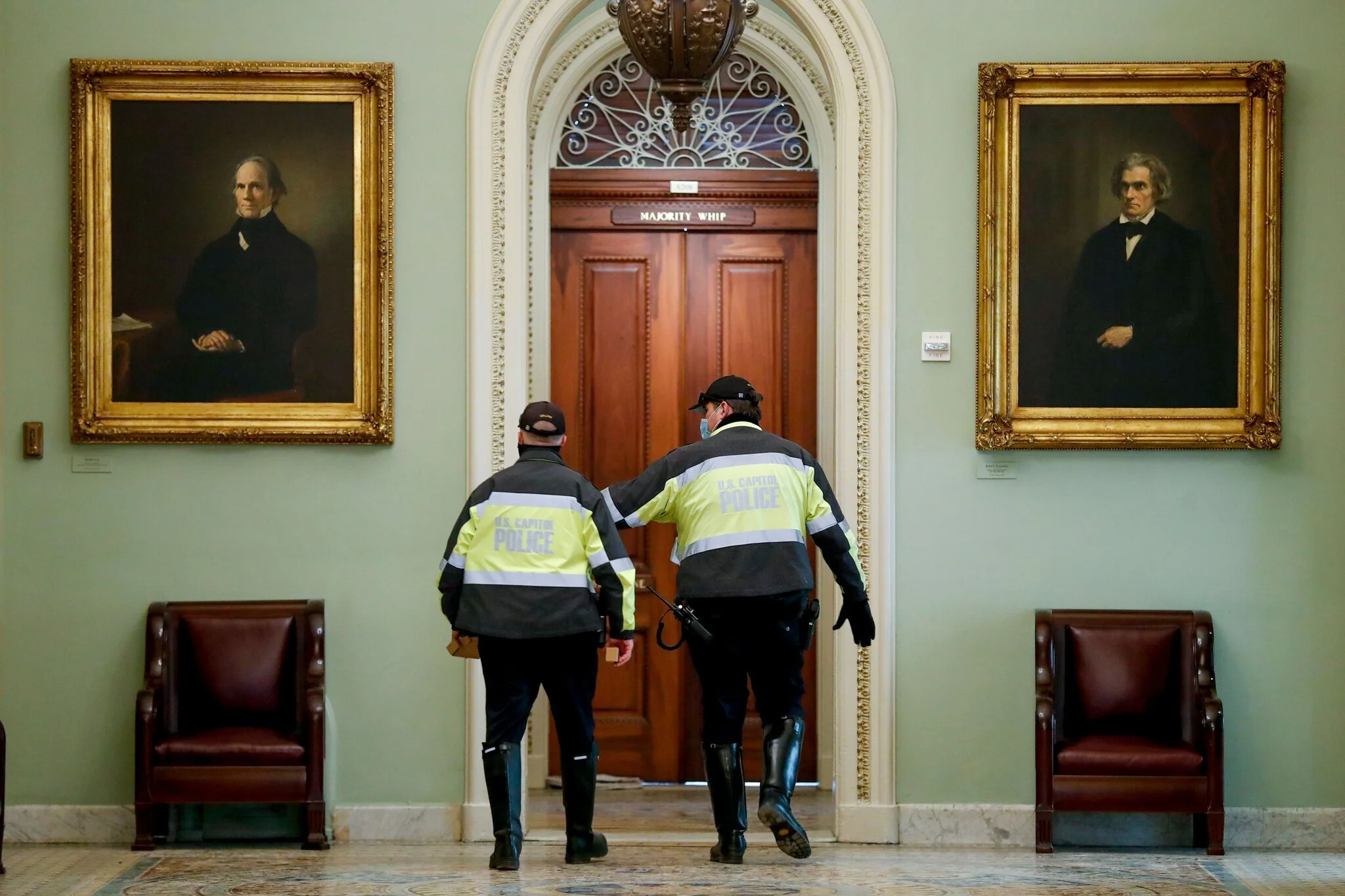Biden Doesn’t Shy From Early Fights to Move His Agenda Forward
President Biden’s administration is plunging into battles over his stimulus proposal and cabinet nominees this week. He is also expected to order a review of critical supply chains.
Most administrations start with a burst of activity, but the frenetic action on Capitol Hill this week represents something different — a preview of what to expect over the next two years from a grind-it-out presidency laboring to rack up wins before the 2022 midterm elections.
“The bottom line,” wrote Biden adviser Mike Donilon in a memo leaked to reporters last week, is “the country is looking for action.”
On Tuesday, the White House plunged neck-deep in a trio of testy confirmation fights, faced down an increasingly united Republican front against President Biden’s $1.9 trillion pandemic relief bill, and fielded darts from critics, left and right, on the minimum wage and student debt — all the while grappling with centrists from both parties who control the balance of power in the Senate.
His predecessor’s impeachment trial and the fallout from the Jan. 6 riot have put Mr. Biden behind schedule, which is giving some allies the jitters.
But the animating spirit behind the administration’s approach is impatience — born of the pandemic, the looming midterms and Mr. Biden’s own bitter experiences with Republicans during President Barack Obama’s administration.
“He knows he is not going to be judged by the margins he gets in the Senate — the biggest danger is a failure to deliver what he promised,” said Ben LaBolt, a longtime Obama aide who worked in the White House, often around the former vice president. “His approach reflects the sober realities we encountered back in 2009, when the Republicans claimed they were holding out for a deal, but never did one.”
Biden Readies Executive Order to Bolster Critical Supply Chains
The order is intended to start an effort to insulate the American economy from future shortages of critical imported components.
President Biden is expected to sign an executive order on Wednesday that will kick off a review of the supply chains that support several crucial American manufacturing industries, including automobiles, pharmaceuticals and clean energy.
The order will not target imports from any specific country, senior Biden administration officials said Tuesday in a conference call previewing the move, but it is widely seen as the next step in an effort to counter the economic rise of China and to promote factory growth in the United States. The officials cast it as a successor to the “Buy American” order that Mr. Biden signed last month.
The president’s move comes as a global shortage in semiconductors — a key component in cars and electronic devices — has forced several major American auto plants to close or scale back production and sent the administration scrambling to appeal to allies like Taiwan for emergency supplies.
The officials said the order would not offer a quick fix for that shortage. Instead, it would start an effort to insulate the American economy from future shortages of critical imported components.
Mr. Biden plans to order yearlong reviews of six sectors and a 100-day review of four classes of products where American manufacturers rely on imports: computer chips, high-capacity batteries, pharmaceuticals and their active ingredients, and critical minerals and strategic materials, like rare earths.
Subsequent actions to strengthen those supply chains will depend on the vulnerabilities that each review finds, the officials said.
The order is an early salvo in the administration’s economic battle with China. China’s dominance of global supply chains for critical products like medical masks and for raw materials has prompted deep concerns that Beijing’s authoritarian government could cut off the United States at a whim.
China has periodically moved to ban the export of rare earth materials that are crucial for manufacturing electronics, fighter jets and weaponry. Early in the coronavirus pandemic, Beijing halted exports of surgical masks and protective gear as it diverted supplies to its own local governments and hospitals.
Beijing has also sought to expand its foothold in certain emerging technologies by investing heavily in research and subsidizing new factories, raising concerns that China could dominate the supply of electric vehicles, advanced telecommunications gear and semiconductors in the same way it has cornered other global markets.
In a news conference on Tuesday, Senator Chuck Schumer, Democrat of New York and the majority leader, announced that he had directed the leaders and members of Senate committees to start drafting a new legislative package “to outcompete China and create new American jobs.” He said he intended to put the bill, which would build on the bipartisan “Endless Frontier Act” that he introduced last year, on the Senate floor for a vote this spring.
The legislation would encourage investments in American semiconductor manufacturing, which he called “a dangerous weak spot in our economy,” as well as 5G, artificial intelligence and biomedical research.
“I want this bill to address America’s short-term and long-term plan to protect the semiconductor supply chain and to keep us No. 1 in things like A.I., 5G, quantum computing, biomedical research, storage — all of these things are part of the bill and the endless frontiers act,” Mr. Schumer said. “We need to get a bill like this to the president’s desk quickly.”



